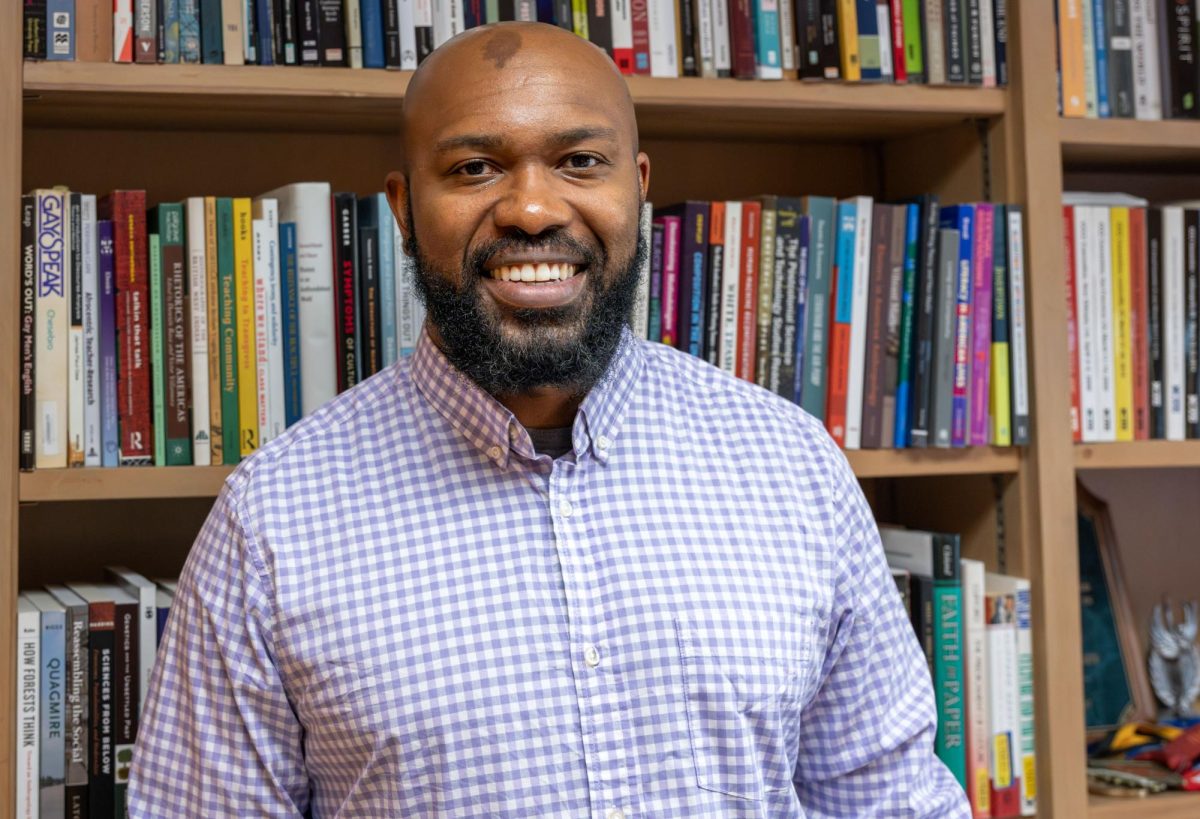Rhetoric and writing professor Donnie Sackey received a grant from and membership in Planet Texas 2050, a University initiative focusing on making Texas resilient against climate change, rapid population growth and similar challenges, the University announced on Sept. 15.
The grant is for $8,000 for the first year and renewable for multiple years after that. Several members of the University faculty also received the grant from Planet Texas 2050.
“The grant is part of a recent open call for collaborators in arts and humanities disciplines that Planet Texas issued in partnership with the Humanities Institute,” said Heidi Schmalbach, program director of Planet Texas 2050. “We called it a ‘call for collaborators’ because we’re looking to bring in broader perspectives, recognizing that the methods and the skills from arts and humanities are as important as those that come from the sciences.”
Schmalbach said this grant is different from a typical research grant due to the emphasis on collaboration.
“This group of recipients from the grant will also meet together as a cohort and will be led through a series and work together through a series of facilitated workshops around collaboration,” Schmalbach said.
Sackey said one of his individual projects the grant will fund is related to rethinking the design of consumer confidence reports. These are documents sent from water utility companies explaining quality issues throughout the year.
“Most people don’t read these documents even though they’re required by law, and these documents are not really designed to be read,” Sackey said. “I’m hoping to use some of this money to do design workshops with residents who have dealt with water justice issues … and think about alternative ways that we can design these documents so that people can actually participate more in water governance.”
At Sackey’s first job at Wayne State University, he was involved with an interdisciplinary research team that approached environmental issues from a community standpoint. When he arrived at UT in 2018, he was looking to continue interdisciplinary, community-based research, but his efforts were disrupted by the pandemic, he said.
“When I won this award, I was really excited,” Sackey said. “I see this as an opportunity to pick back up where I left off when I was in Detroit.”





















